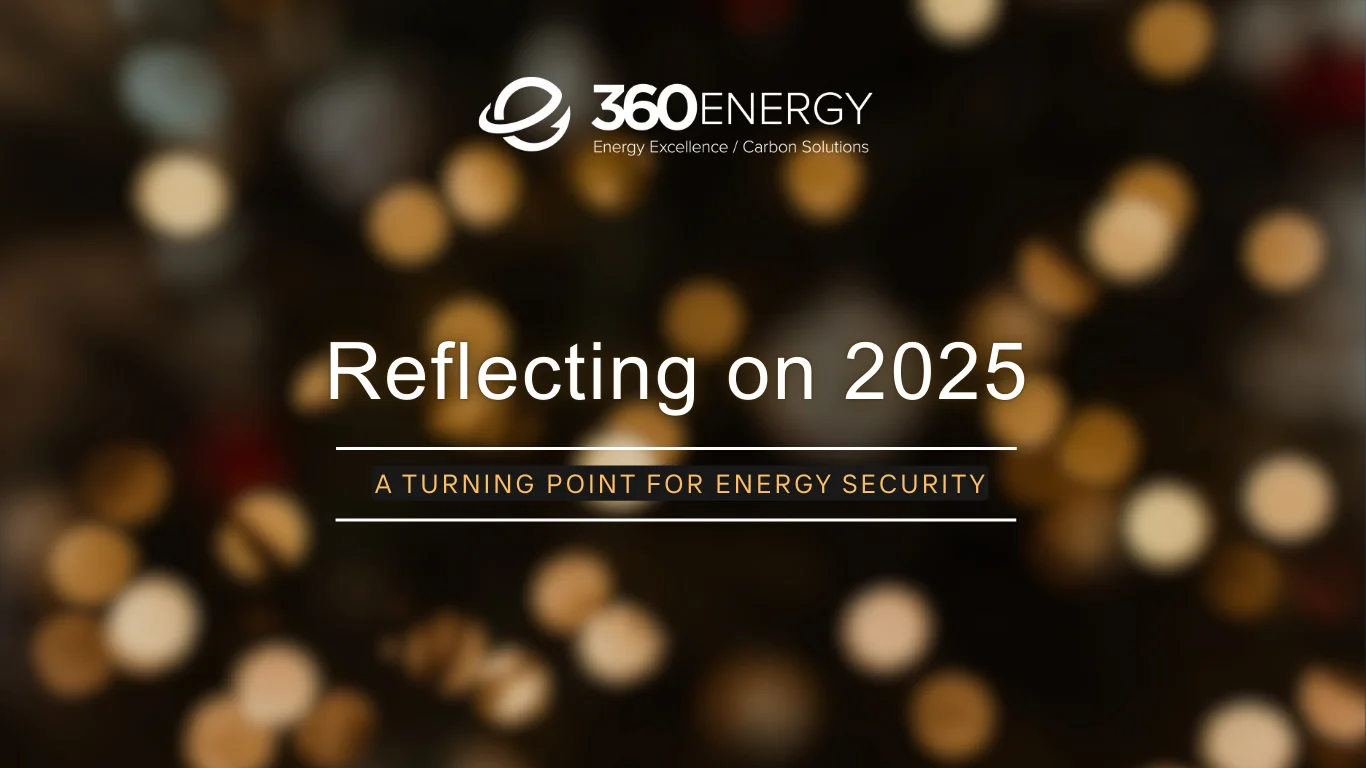Energy procurement is no longer a straightforward process of selecting a provider and signing a contract. In today’s complex energy markets, businesses face an array of challenges—from fluctuating prices and regulatory pressures to the need for greater sustainability. However, these challenges also present opportunities to optimize costs and align procurement practices with broader business goals.
Yet, mistakes in energy buying are all too common and can lead to unnecessary expenses and inefficiencies. This article highlights actionable strategies and industry insights to help your business avoid these costly missteps and build a more resilient energy strategy.
Common Pitfalls in Energy Procurement
- Focusing on Pricing Commodity pricing is a significant factor in energy costs, but it’s equally important to consider the other two components that heavily influence your monthly expenses: transportation/transmission and distribution. To achieve greater cost efficiency, it’s essential to develop and implement a robust annual procurement strategy. This strategy should account for market pricing fluctuations while optimizing how and when your organization uses energy.
- Failing to Leverage Market Timing Energy prices fluctuate due to seasonal demand, geopolitical influences, and supply chain constraints. Extreme weather events, for example, can drive up prices by 20-40% during peak periods (International Energy Agency). Understanding these dynamics allows businesses to time their procurement decisions for more favourable conditions.
- Neglecting Energy Data Analysis Over 50% of businesses miss cost-saving opportunities because they fail to analyze energy usage patterns effectively (McKinsey & Company). Without detailed insights into consumption, organizations risk overpaying for energy or failing to identify inefficiencies. Advanced tools, such as Envirally’s platform, can simplify this process by cleaning utility data and highlighting optimization opportunities.
- Overlooking Contract Complexity Energy contracts often include provisions for usage thresholds, penalties, or automatic renewals. Without proper review, businesses may find themselves locked into unfavorable terms. Flexible contracts tailored to usage patterns can reduce unnecessary costs (World Energy Council).
Steps Toward Smarter Energy Buying
- Invest in Technology Digital tools and platforms are revolutionizing energy procurement. Advanced analytics and AI-driven platforms can forecast usage, automate contract evaluations, and uncover hidden inefficiencies. For example, leveraging Envirally’s platform could reduce energy waste by up to 25%, while cutting the time spent on tracking invoices by over 80%.
- Prioritize the Energy transition Integrating renewables into procurement strategies can lead to long-term savings and reduced carbon footprints. Businesses adopting renewable energy sources are projected to save up to 30% over the next decade (BloombergNEF).
- Work with Experts Consultants specializing in energy procurement bring valuable insights into market, regulatory trends and negotiation strategies. Their expertise ensures that contracts align with a company’s operational needs and financial goals.
- Adopt a Dynamic Strategy Energy procurement is not a one-time decision—it requires continuous evaluation. Reviewing contracts, analyzing data, and adapting to market conditions ensures strategies remain effective and efficient over time.
The Business Case for Smarter Procurement
Energy procurement isn’t just about controlling costs—it’s a strategic lever for driving efficiency and advancing your company energy transition. By avoiding common mistakes and adopting proactive strategies, businesses can secure financial savings, reduce risks, and align their energy use with long-term goals.
In an increasingly complex energy landscape, organizations that prioritize data-driven decision-making and adaptability will lead the way in creating efficient, sustainable operations.



